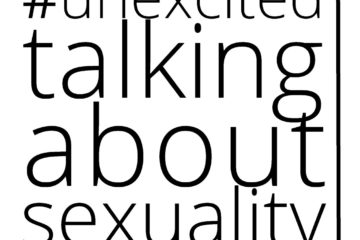What is street-based youth work about?
Street-based youth work is focusing on education of vulnerable groups. These vulnerable groups include young people with multifactorial needs in the main areas of sociability. Street-based youth workers meet young people on the street to identify urgent needs in the economic, educational and cultural domain, access to social care and protection and, finally, the health sector. For various reasons, some of the fundamental rights are not met with great impact in society as a whole.
With multifactorial causes and exposed to risk behaviours, the role of street-based youth workers is using their educational approach to build a solid relationship that enables young people to be not only “objects” of prevention, but actors of prevention. This means actively participating in shaping their lives in a healthy perspective. We have quickly learned from vulnerable young people that most of them know the facts about sex education and what is useful. However, having the life competence to use this knowledge is of greater benefit.
Sexual health in practice
Sexual health is fundamental to the physical and emotional health and well-being of individuals, couples and families, and to the social and economic development of communities and countries.
Sexual health, when viewed affirmatively, encompasses the rights of all persons to have the knowledge and opportunity to pursue a safe and threat-free sexual life.
However, the ability of vulnerable young people to achieve sexual health and well-being depends on their access to:
- Comprehensive good-quality information about sex and sexuality;
- Knowledge about the risks they face and their vulnerability to the adverse consequences of sexual activity;
- Their access to sexual health care;
- An environment that affirms and promotes sexual health;
- Recognition of their talents as an active member of their community;
- Access to improve their life skills;
Dealing with vulnerable young people the emphasis must be on sex education, which encompasses a broad perspective that includes sexual and gender identity, sexual expression, relationships, and pleasure, not just the negative consequences or conditions as often among them as:
- Infections with human immunodeficiency virus (HIV), sexually transmitted infections (STIs) and reproductive tract infections (RTIs) and their adverse outcomes (such as cancer and infertility);
- Unintended pregnancy and abortion;
- Sexual violence; and
- Harmful practices (such as female genital mutilation…).
The important challenge for street-based youth workers followed by social participation is to not get bogged down in the negative consequences of sexual life but instead, be able to give attention to the development of life skills from their talents.
This blog article was contributed by our partner “Conversas Associação Internacional” from Portugal.


